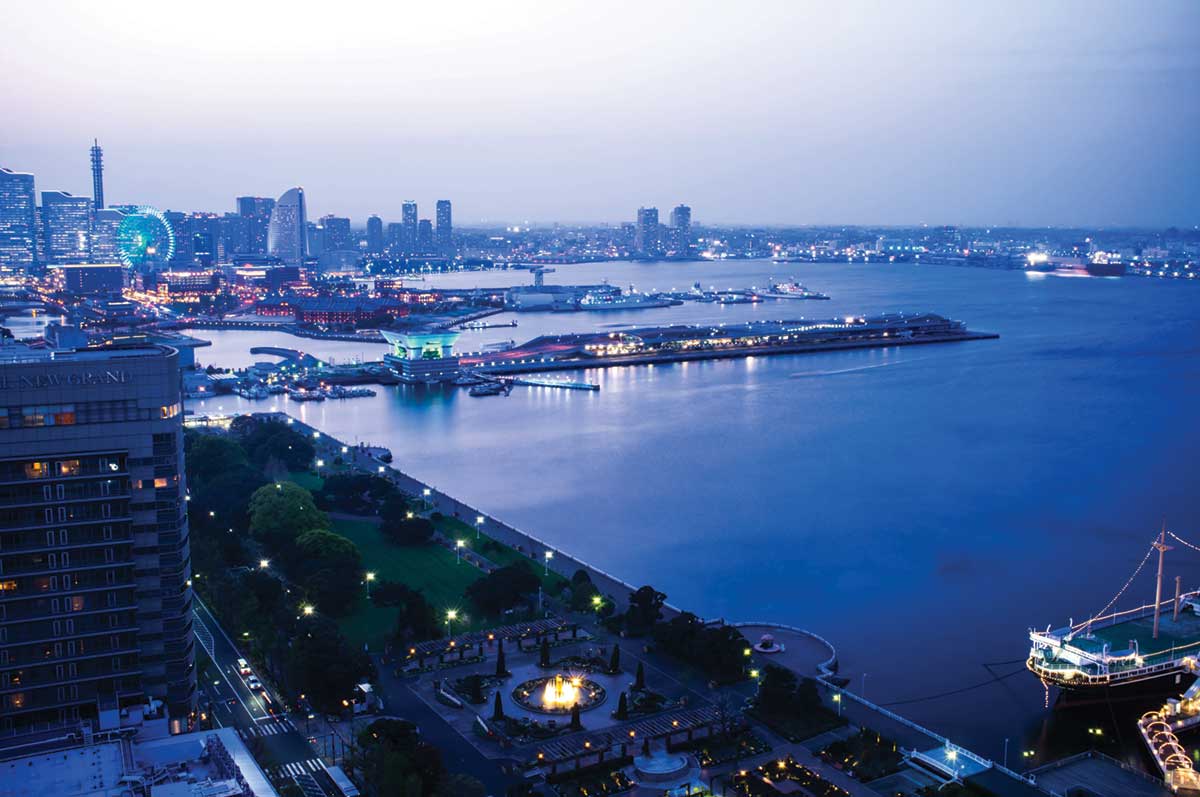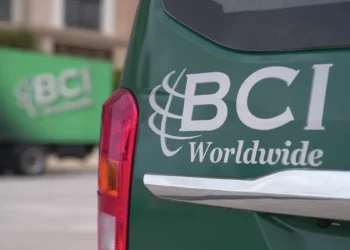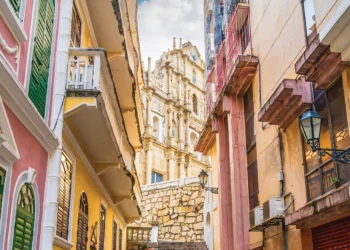In a case of what could have been, Melco Resorts & Entertainment guides Inside Asian Gaming through the finer details of its vision for a Yokohama integrated resort after the city’s newly elected mayor cancelled the bid.
Melco Resorts & Entertainment announced on 13 September that it was officially discontinuing its pursuit of an integrated resort license in Yokohama and closing its local office after anti-IR campaigner Takeharu Yamanaka won the city’s mayoral election.
However Melco, which has promised to pursue future IR opportunities in Japan and maintains an interest via an office in Tokyo and ski resort in Hakone, didn’t waste any time letting it be known what Yokohama is missing out on.
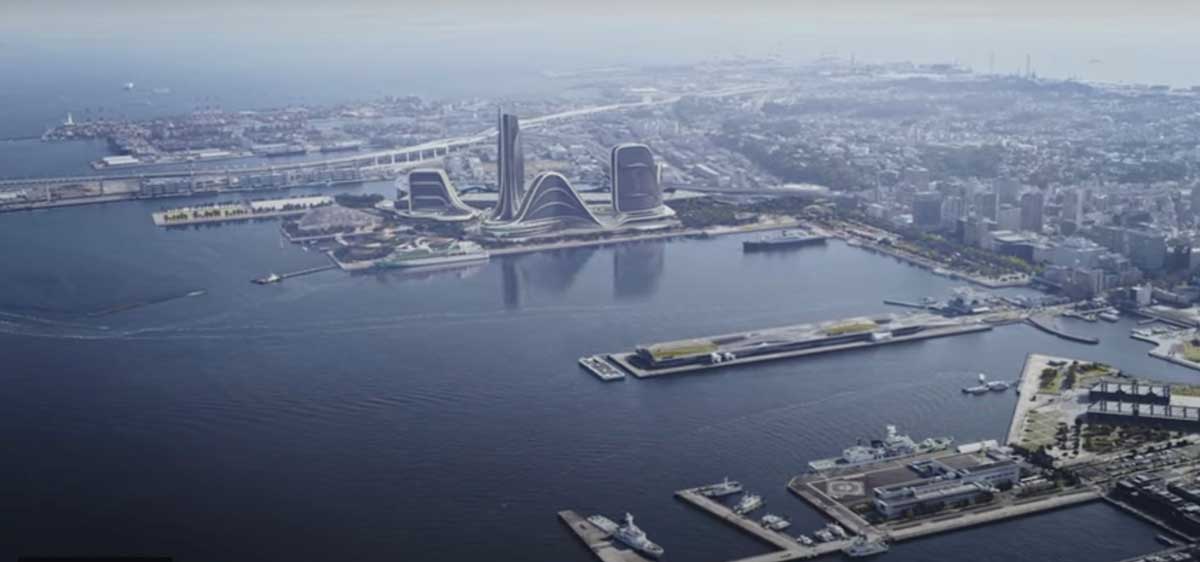
One of two companies, alongside Genting Singapore, to have taken part in Yokohama’s RFP before Yamanaka pulled the plug, Melco – renowned for its City of Dreams properties in Macau and Manila, Studio City in Cotai and City of Dreams Mediterranean development in Cyprus – has since released a spectacular fly-through visualization video of its IR concept, which was created by world-renowned architectural firm Zaha Hadid Architects. Zaha Hadid also designed the iconic Morpheus Hotel at City of Dreams Macau.
The idea, according to Melco’s EVP, Chief Creative and Brand Officer, Frederic Winckler, was to create an iconic waterfront landmark that would rejuvenate Yokohama’s offerings while providing a new gateway into Japan.
“The Yokohama waterfront is not set up for the public so the first thing we wanted to do with our design was to give the waterfront back to the public and create a space and atmosphere that people would enjoy exploring,” Winckler told IAG in an exclusive interview.
“It was done in a way that respected the local culture but was also to become a landmark. All the attractions we designed inside were landmarks too, with shows, a museum, a waterpark done by an artist – all to attract people there and done in the Melco way, which is premium guest hospitality. All of our hotels would have been Forbes rated and we would have brought Michelin dining back to Yokohama.
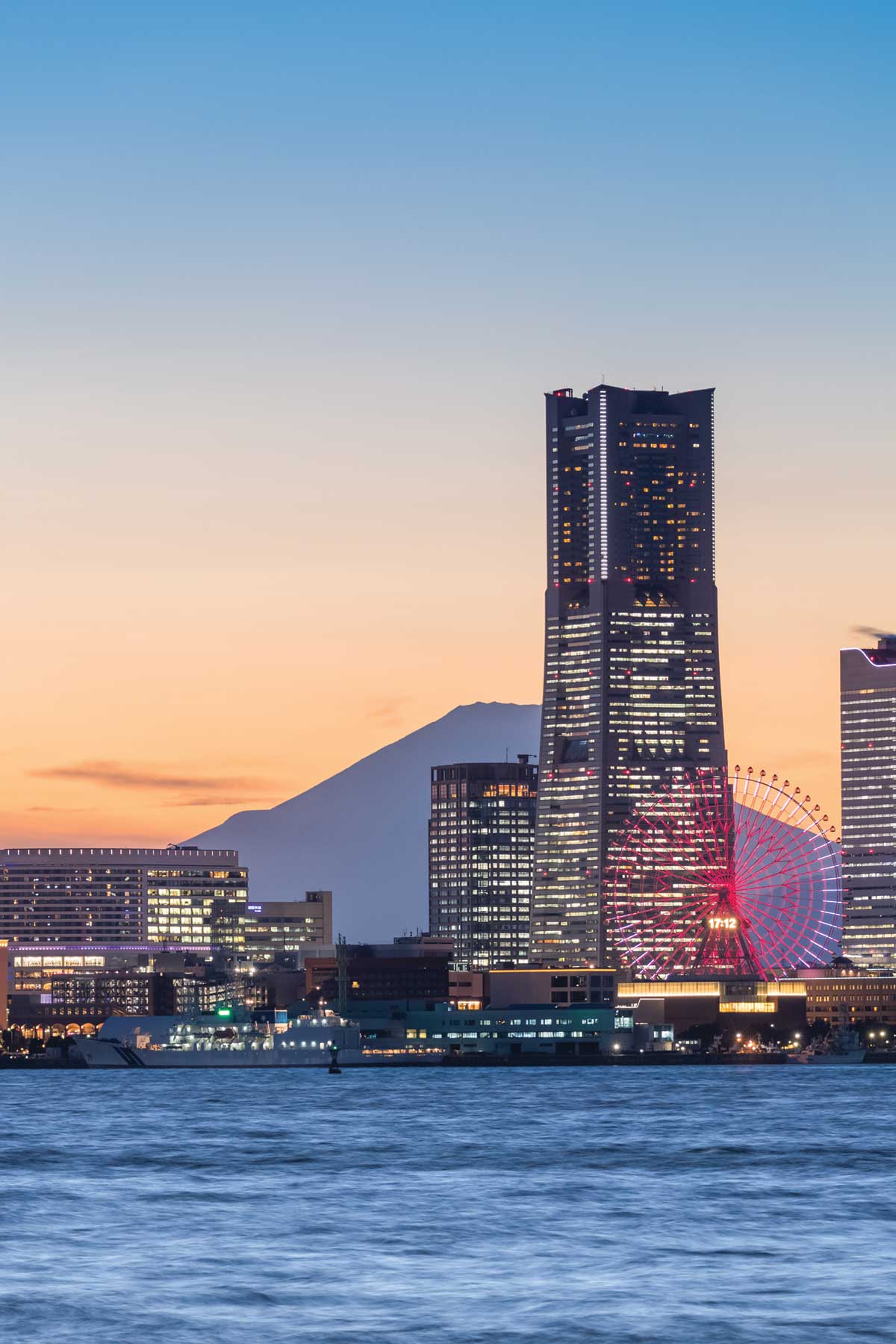 “It would have provided a level of hospitality that is not present in the city today.”
“It would have provided a level of hospitality that is not present in the city today.”
Utilizing the combined skills of a local Japanese architect with the global expertise of Zaha Hadid – the same firm responsible for Morpheus at City of Dreams Macau and Studio City’s current Phase 2 development – Melco’s “City of the Future” Yokohama IR design paid tribute to water and nature.
The tallest central tower was inspired by the flowers of Yokohama, surrounded by a series of curved buildings representing waves and around them some smaller structures to represent ripples in the water.
At ground level, the site would have extended green areas from the adjacent Yamashita Park to cover the full length of the pier, significantly increasing the amount of public space and integrating directly with the city. To maintain a sense of openness, a large avenue was planned to run diagonally through the center of the IR providing a direct line of sight to two existing Yokohama landmarks – Yokohama Bay Bridge in one direction and Yokohama Marine Tower in the other.
One of the key features of Melco’s IR was to be a Welcome Hub, located at the entrance to the IR and envisioned as a new gateway to Japan for tourists.
“A lot of emphasis in the IR bid was for the IR to become a center of tourism into Japan,” said Winckler.
“If you look at the classification of boxes to tick [as per Japan’s stated IR goals] it includes Japan attractiveness – pushing people into Japan – so the entry of the IR had to be something that sent you into Japan to discover the country.
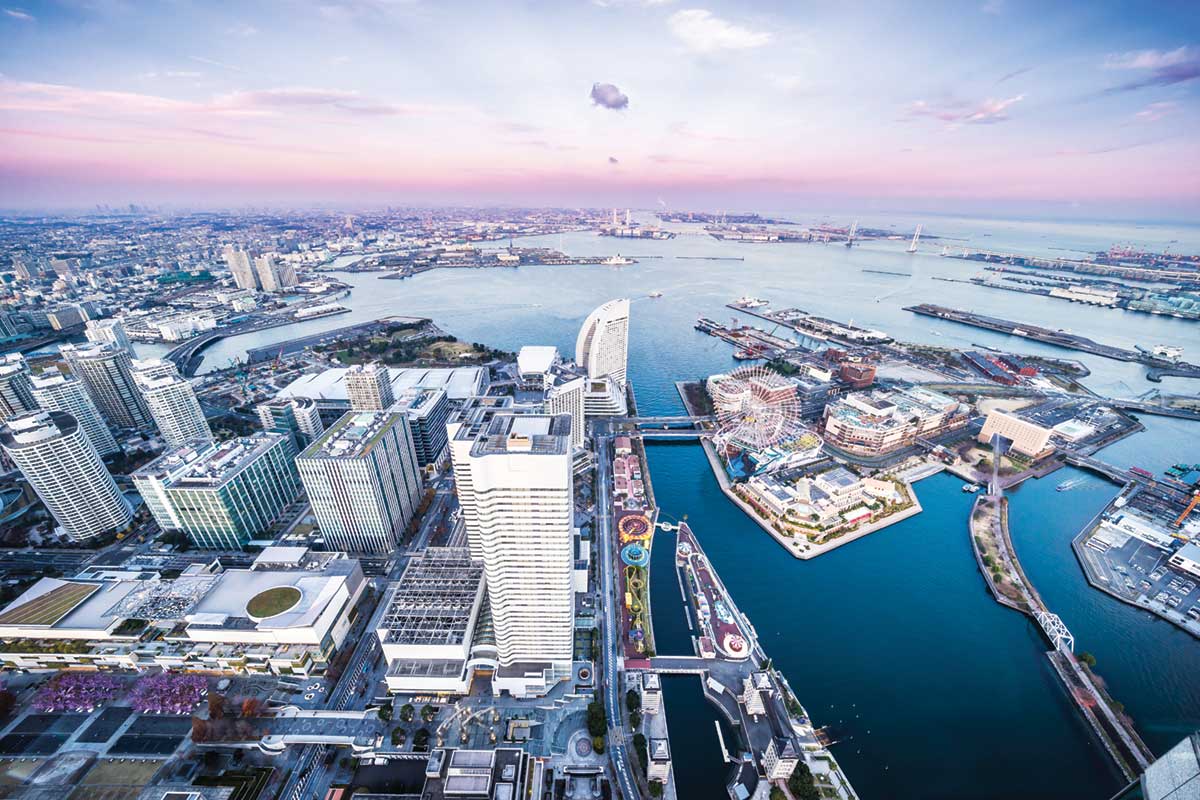 “The Welcome Hub was to have a lot of interactive rides and activities, food, dedicated sections with information about Japan and its regions. It would tell people what to do and where to do it, and travel agents would have been based there to make it all happen.”
“The Welcome Hub was to have a lot of interactive rides and activities, food, dedicated sections with information about Japan and its regions. It would tell people what to do and where to do it, and travel agents would have been based there to make it all happen.”
The substantial MICE facility, another key component of Japan’s IR ambition, was designed to meet international expectations – “a level of MICE that does not exist in Japan,” as Winckler explains it – with the ability to convert to a concert space to allow for seasonality.
The facility was also to be environmentally focused, with the roof comprising solar paneling, greenery on all sides and the world’s largest vertical garden at 500 meters long and 40 meters high. Use of this garden was to be handed over to local farmers and the herbs and vegetables it produced used by the IRs restaurants.
A retail space, already agreed upon by global luxury brands, is described by Winckler as being “similar to building a second Ginza [in Tokyo] – something Yokohama doesn’t have.
“We sought to bring a level of hospitality and tourism that would bring people to Yokohama, allow them to spend some time in the city and then continue on to see the country,” he said.
Melco’s President, Evan Winkler, said the company “has always believed that Yokohama would benefit from a superlative, world-class IR proposal that would reflect the city’s lifestyle, culture and characteristics for the world to see. Our dedication to design excellence, quality and craftmanship and our focus on combining art, design and architecture into our integrated resort proposal reflected Japan’s rich heritage, humanities and aesthetic.
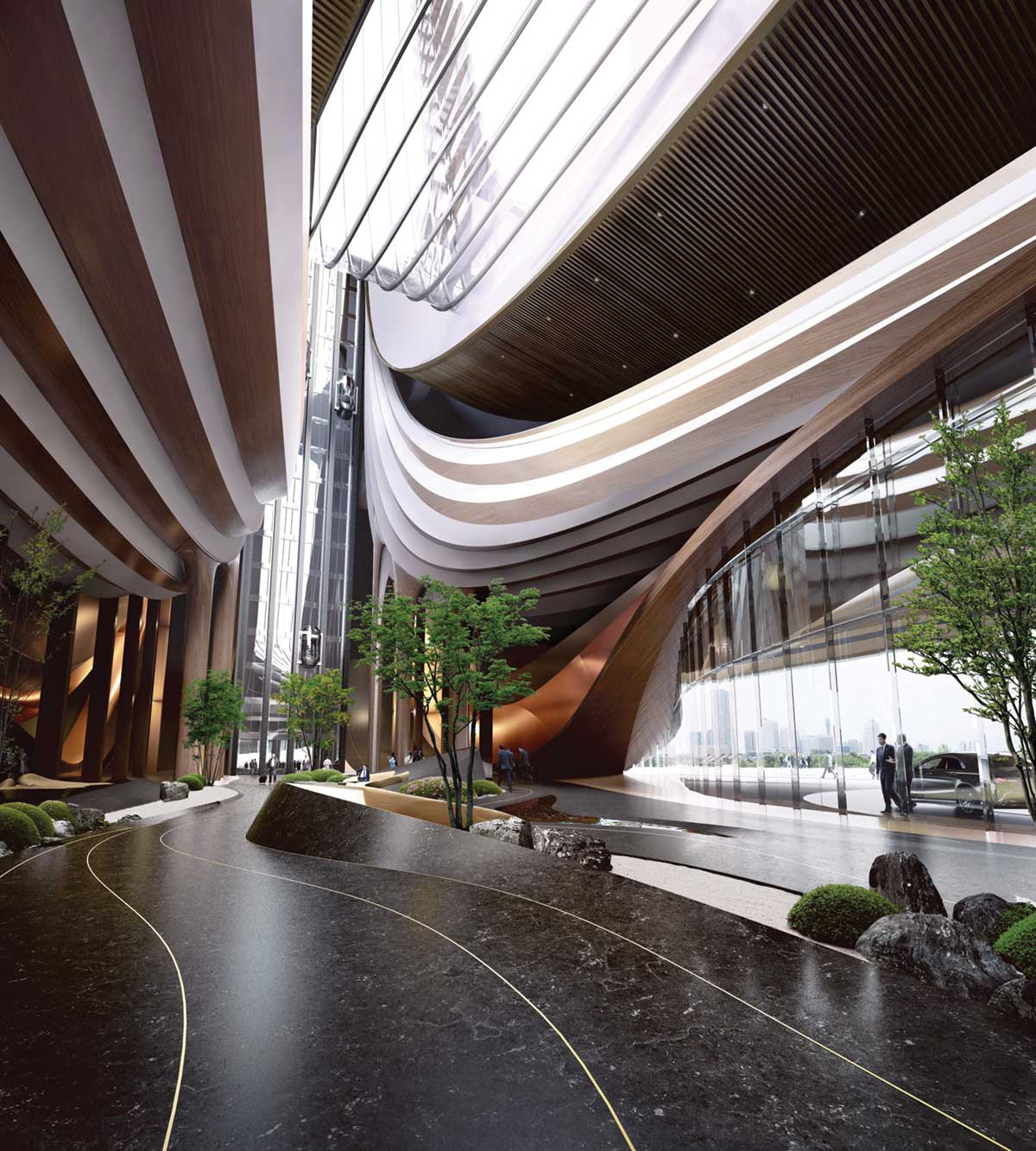 “With an eye to the future, this project would have created a new Yokohama, one that could be seen as the world’s top destination for entertainment, leisure, sports and MICE events for years to come.”
“With an eye to the future, this project would have created a new Yokohama, one that could be seen as the world’s top destination for entertainment, leisure, sports and MICE events for years to come.”
In fact, Melco’s IR design saw sports as a key area of contribution to the city’s long-term growth. One of its major initiatives should its IR have become reality was to build a sports center within the complex following input from the company’s brand ambassador, tennis superstar Naomi Osaka.
Naomi had suggested to the developer that it was important to provide a variety of sporting options for people because when she was growing up and when she trains now, she likes to play a whole range of different sports rather than just tennis.
The sports center would have included a football ground that would have been a training ground for local teams, because they don’t have many suitable facilities. A major tennis organization in Japan would have also made the center their training ground.
This was to be just one contribution by Melco to the Yokohama community, with the company having worked hard to connect with the local people since first announcing its “Yokohama First” strategy in September 2019.
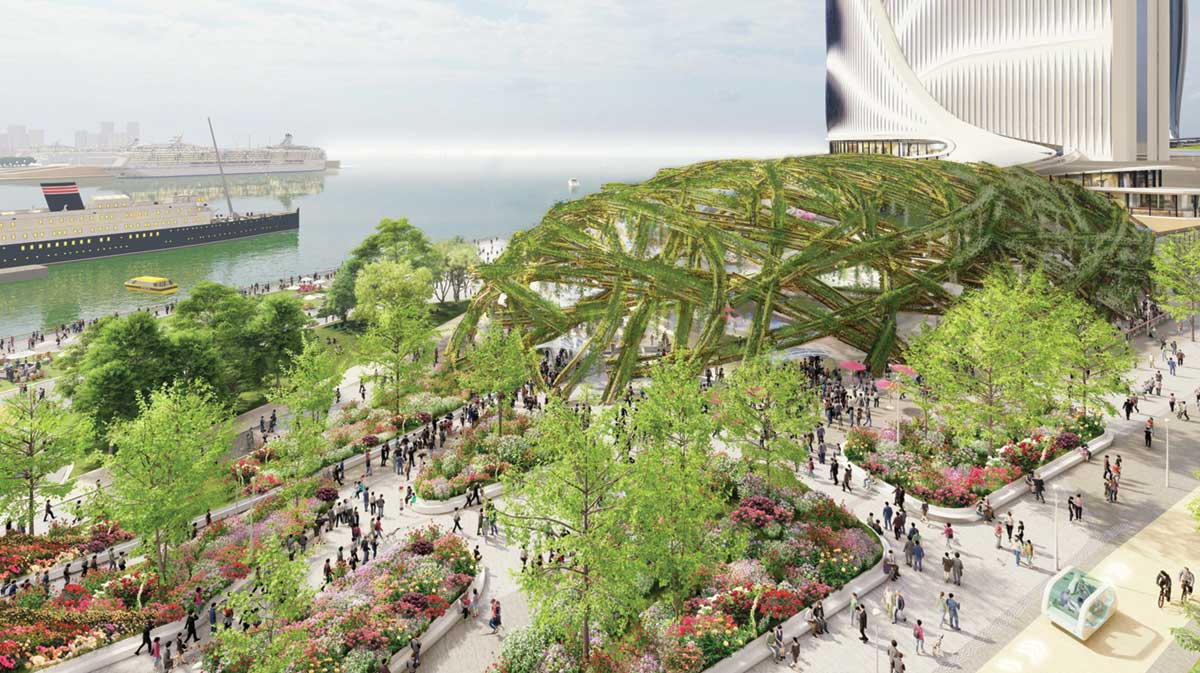 Its community initiatives have included an event called “Smart Summer” in Motomachi, Yokohama, which aimed to support local tourism and economic growth by drawing crowds to the district.
Its community initiatives have included an event called “Smart Summer” in Motomachi, Yokohama, which aimed to support local tourism and economic growth by drawing crowds to the district.
Likewise, Melco’s sponsorship of professional football team Yokohama F Marinos saw the two organizations sign a partner contract earlier this year to provide support for select shopping streets across the city. The “Stay Strong Together and Support our Hometown Shopping Streets!” project saw five streets invited to a Yokohama F Marinos home game where a shopping street support video, produced by Melco, introduced the participating streets on the stadium’s large screens. Supported by free tickets and signed goods giveaways plus social media posts to promote sales, the project aimed to increase awareness of shopping options in areas impacted by COVID-19.
Within the IR itself, Melco was also planning to develop a dedicated food and beverage space, called Bamboo Village, specifically for local restaurateurs to open businesses, as well as a similar concept for local retailers.
A senior Melco executive mentioned, “We didn’t want to be the foreigners coming in to dictate things.”
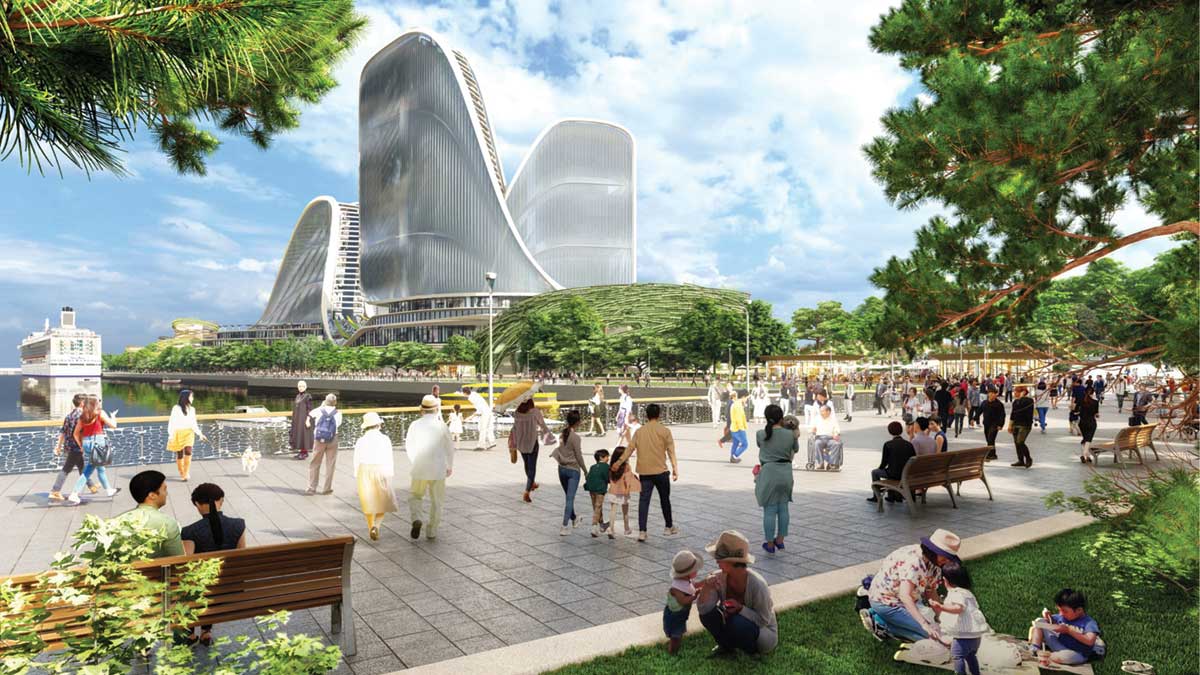 Melco President Winkler told IAG, “One of the things that has always set us apart is the depth to which we care about our impact on the world we all share. We respect and are sensitive to the local ways of doing things.
Melco President Winkler told IAG, “One of the things that has always set us apart is the depth to which we care about our impact on the world we all share. We respect and are sensitive to the local ways of doing things.
“Collaboration and partnership with governments and local organizations is a core principle of this, and we invest in strengthening these relationships with efforts that are tailor-made for each of our communities.
“Ever since Melco began its journey in Japan 10 years ago, we have been committed to being a great partner and a force for good in the community. For 10 years, we have collaborated with government, local businesses, charities, educational institutions and community organizations to create unique programs that address specific local issues and needs of the community.
“From enhancing economic prosperity of local suppliers and SMEs, to promoting sports and wellness with Yokohama F. Marinos and our brand ambassador Naomi Osaka, as well as promoting Japan’s culture and heritage, we are immensely grateful for the friendships that we have built with our local community partners in Yokohama and Japan.”
